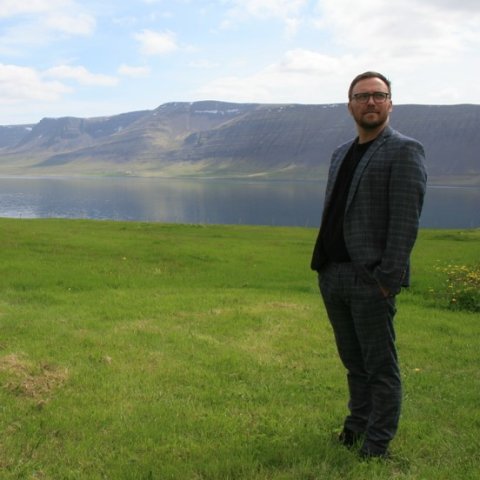Here below you can find all master courses the University Centre offers. All courses are taught in 1-3 week modules running from August through June. See how the courses are organised in the teaching schedule for both programs. Usually 2-3 courses are taught at the same time, but students may only enroll in one course at a time.
The master courses are available to you whether you plan to pursue a degree or just take a course or courses. Please review the options for guest studies to determine how you can apply.
For further information, contact the Administrative Director of Education and Teaching.
People and the Sea: Geographical Perspectives
- Autumn 2023
- Next course: 11. September - 29. September 2023
- CMM Core Course | 6 ECTS
- Course:CRD02
- Instructors: Dr. Matthias Kokorsch / Magnus Davidson
About the course
Geography matters: may it be conflicts over resources and borders, local and global trade flows, migration and place formation. Local actions can have global effects and vice versa. This course will introduce concepts, principles and approaches from social and cultural Geography as well as economic and regional Geography. With an overview over classic and critical contemporary approaches, students will be equipped with important tools for identifying local and regional development paths that are embedded in global context. Furthermore contemporary challenges of Coastal Communities in the circumpolar region will be addressed.
This three-weeks course includes field-trips and company visits, guest speakers and interactive assignment forms, e.g. role plays.
Instructors
is the Academic Director of the Coastal Communities and Regional Development program at UW.
My main current research interests include community resilience, regional development, particularly in sparsely populated regions, structural changes of old-industrial areas, and resource management in combination with aspects of justice and decision-making processes.

Learning outcome
The course introduces geographical perspectives on regional development and coastal communities. Emphasis is put on the relationship between humans and nature, and the role of natural resources in regional and community development. Particular attention is paid to aspects of transportation and infrastructure for remote communities in a globalized world.
On completion of the course, a student:
- can relate geographical perspectives to coastal communities as well as -regions.
- can identify main geographical tools for analysing coastal regions.
- has good skills in reading and writing sections of scientific papers on geographical aspects of coastal communities and regions.
- can critically review and discuss basic geographical topics in an oral and written form.
- can explain challenges regarding transportation and infrastructure in remote settings.